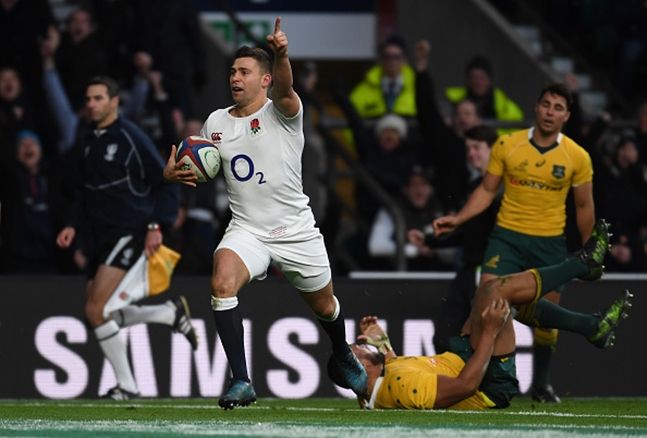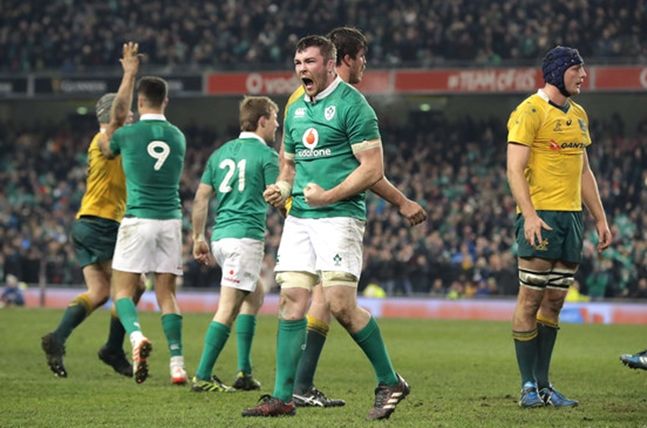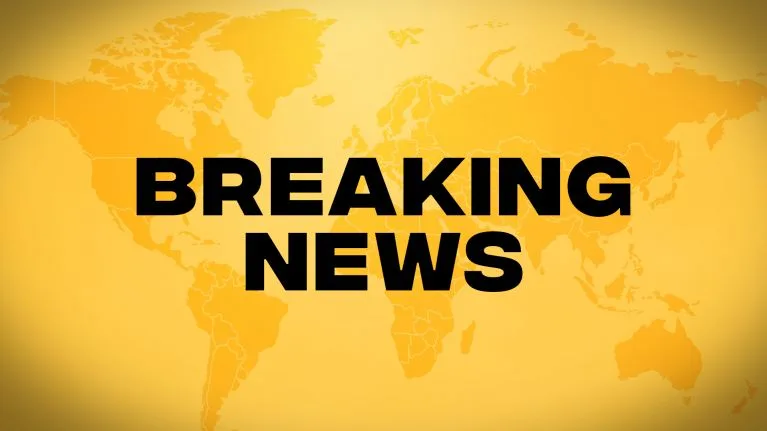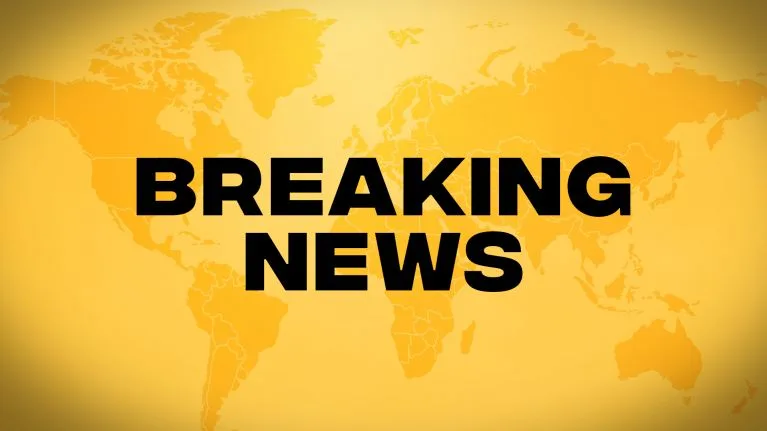As if you needed any more incentive to win a Grand Slam.
The Six Nations is just over one week away and with the column inches jam-packed with player interviews, tournament predictions and general on-field matters, it can be easy to forget that this is not just a rugby tournament.
The competition is a commercial juggernaut which is gaining increasing success in terms of the revenue it generates – advertising rights, TV deals and the upcoming negotiation of a new six-year title sponsorship agreement means that the tournament is producing unprecedented levels of revenue.
As a result, the unions are receiving a bigger chunk of cash and can offer greater incentives for on-field success.
The Telegraph is reporting that England will share a pot of £3.5 million if they win a second successive Grand Slam.
This figure is made up of image rights, match and training fees and £1 million allocated to the squad if they can secure five victories.
In just one year, this figure has risen by 66% from the £600,000 the squad received last season for winning the Grand Slam for the first time since 2003.
The fund will be divided between the players on a pro-rata basis but players who play in each Six Nations match will also receive a bonus of £43,000.
This bringing the total potential earnings of a player up to £153,000 which dwarfs the potential earnings of Ireland’s players according to the report.
Joe Schmidt’s squad, for those who are on central contracts, are paid directly by the IRFU.
As opposed to England, the Irish squad will not receive win bonuses or match fees but rather a bonus based on their final position in the Six Nations table.
If Ireland win the Grand Slam, the players will receive £60,000 as a one-off payment, which is £90,000 less than their English counterparts.
It is not just the increasing commercial success of the Six Nations which is leading to higher potential earnings for English players.
It is understood that the RFU’s profits increased to over £100 million last year, partly due to hosting the Rugby World Cup in 2015.
With that in mind, we say the IRFU are eagerly awaiting the end of the year when the decision on who will host the 2023 World Cup will be made.







































